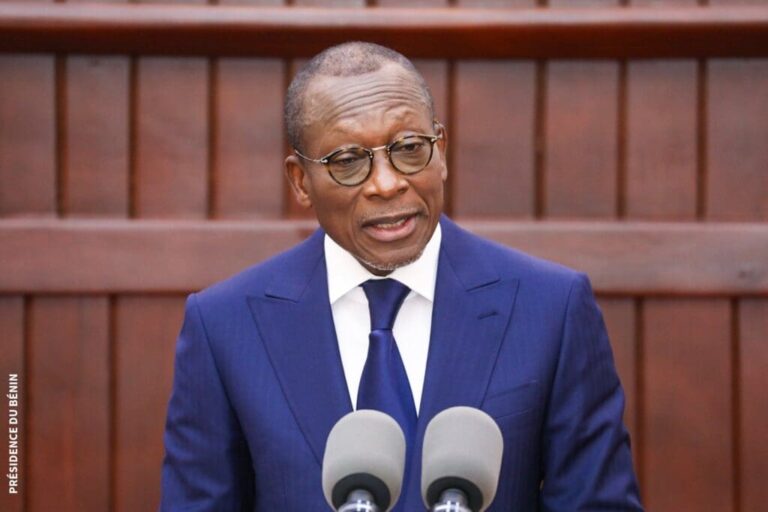
Benin’s ruling coalition has officially nominated Finance Minister Romuald Wadagni as its presidential candidate for the March 2026 election, setting the stage for a succession that aims to maintain the policies of outgoing President Patrice Talon.
The Progressive Union for Renewal (UPR) and the Republican Bloc (BR) confirmed their joint decision, giving Wadagni – a central figure in Talon’s government since 2016 – their full backing. At 49, he is seen as the architect of the administration’s fiscal austerity and a symbol of its drive for economic modernization.
A former Deloitte executive, Wadagni has built a reputation for financial discipline, championing policies that include resisting debt cancellations, issuing Eurobonds at record rates, and launching sustainable bonds.
His approach has earned the trust of international donors and bolstered Benin’s economic profile, helping transition the nation from a low-income to a middle-income economy.
Supporters hail him as the candidate of continuity, capable of sustaining Talon’s reforms and driving further industrialization, particularly in the cotton sector and special economic zones.
However, critics argue that his technocratic style lacks the political connection needed in a country where grassroots engagement remains vital.
Despite notable economic gains, social pressures persist. Unemployment, inequality, and unmet public expectations remain key challenges that Wadagni will need to address to secure widespread support.
By stepping aside after two terms, President Talon has opened the door for what could be Benin’s first controlled transition of power under a coalition-backed candidate.
Whether Wadagni can convert his image as a respected financier into that of a unifying political leader will now be tested at the ballot box.



